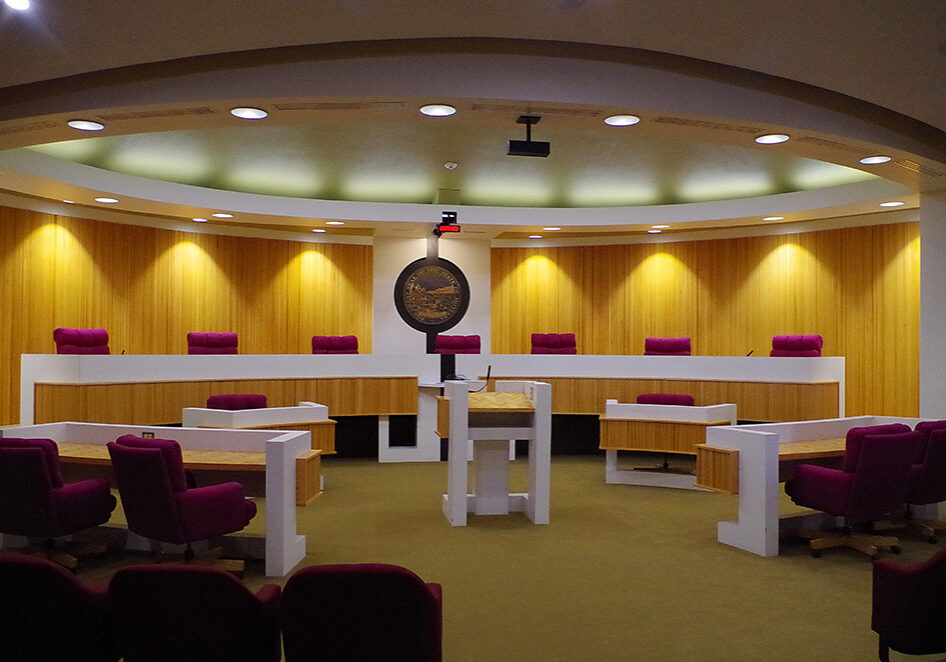In 1972, the people elected 100 Montanans from all walks of life to meet in Helena and to debate and create our State Constitution. They spent a great deal of time and effort tackling one of the most important issues in our state’s history: the Environment. Too much pollution and too little regard for proper practices left a legacy of degradation in many of our rivers, streams, fields, and communities. The great questions were how to protect the environment for future generations and who would have the power to define and enforce this right. Virtually everyone agreed the environment must be protected, but there was sharp disagreement about whether this right would be interpreted and enforced by the Supreme Court or by a Legislature elected by the people.
Why was it so important to decide this in 1972? As one of our eloquent delegates put it, we must keep the power to interpret the right to a clean and healthful environment out of the hands of the Montana Supreme Court, because its decisions would be “locked in forever” and could never be overturned by the people or their elected representatives. (Vol. 5, p. 1223) The delegate who won over the others with this argument was Helena attorney Geoff Brazier, a Democrat.
There were actually two proposals drafted to allow individuals the right to sue and the courts the power to define and enforce the right to a clean and healthful environment. Both proposals died in their committees and both proposals died repeatedly on the floor of the Convention whenever they were brought up for a vote. Ultimately, the delegates decided to reserve this authority to the people acting through democratic elections and deny it to the courts, which, unlike our legislature, face no term limits.
The delegates rightfully decided that the right to a clean and healthful environment belongs to the people and not to the courts or their favored experts. Only the peoples’ elected lawmakers are permitted to make laws deciding what the right to a clean and healthful environment means and who can enforce it.
But some members of our Supreme Court have other ideas. They want to take the right to a clean and healthful environment and use it for their own means. Recently, in a decision that one member of the Supreme Court called a “flashy headline-grabbing” opinion, the Supreme Court created a new right to a stable climate system and declared that the State of Montana must guarantee this right to all Montanans — even though more than 99% of the carbon emissions they say are causing climate change come from outside Montana. Good luck making that work.
The rule of law starts breaking down when our own Montana Supreme Court chooses to ignore the history of our state constitution and fails to respect the decisions made by the delegates who wrote it. We must reject judicial activism and elect Justices to the Montana Supreme Court who will obey the Constitution, written and approved by the people’s representatives, rather than using their power and position to advance an activist agenda.

Comments
One response to “Say No to an Activist Supreme Court”
Don’t forget the new Constitution removed a cap on property taxes that somehow California & Washington have but we don’t.